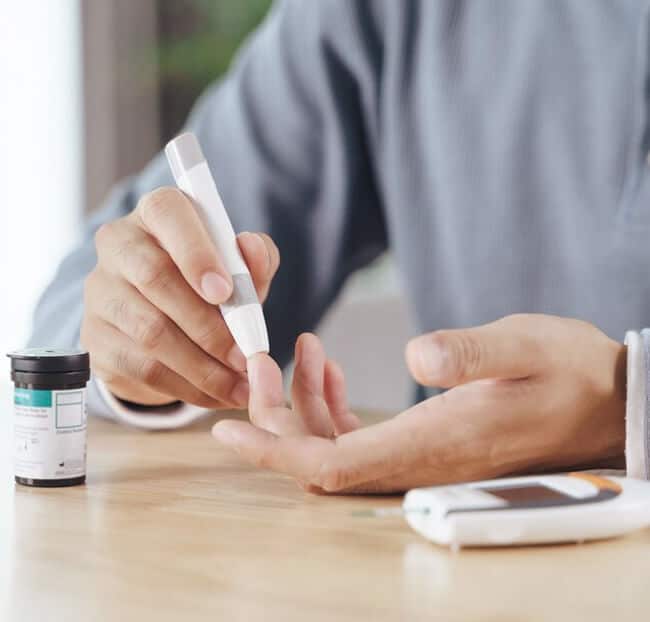Primary Care & Family Care in Scotch Plains, NJ

Hypertension and Diabetes
More than 1.5 million people receive a new diabetes diagnosis every year in the United States. Pooja Mehta, MD, at Garden State Family Care in Scotch Plains, New Jersey, offers strategies to prevent diabetes along with the diagnosis and management of the condition.
Almost half of all adults in the United States have hypertension or are taking medication to control high blood pressure. Hypertension increases your risks for serious heart complications and disease. Pooja Mehta, MD, at Garden State Family Care in Scotch Plains, New Jersey, offers advice for controlling hypertension and treatment when lifestyle changes aren’t enough to lower your blood pressure. Call the office or use the convenient online scheduling tool to book an appointment today.



